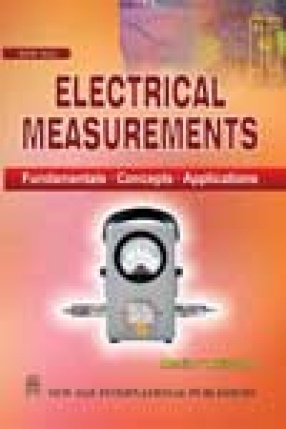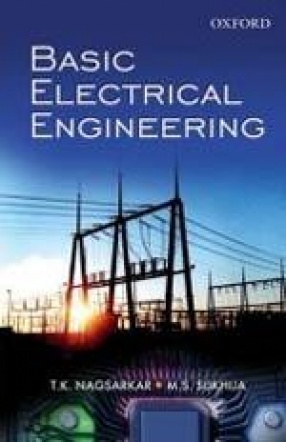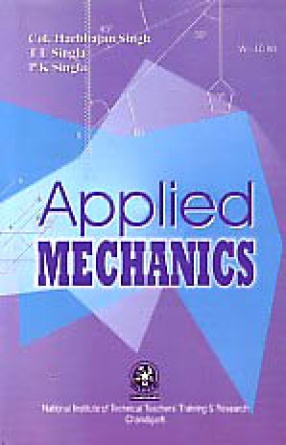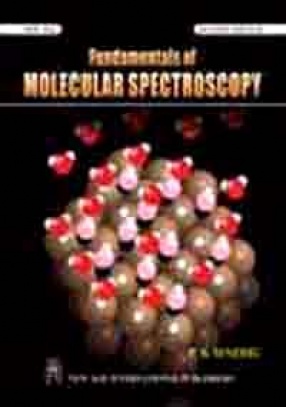The book was organized in the presented way to avoid unnecessary repetitions and particularly not to be in need of citing facts of chapters ahead. This approach proved to be applicable from the didactic standpoint and it allows a high density of information without sacrificing the easy access to it. This way the level of presentation gets gradually more and more demanding finally satisfying the needs of B.Sc. students to make them fit for measurements.
Problems derived from practice are integrated parts within the sequence ofpresentation. This approach is of engineering nature rather than to present separate tutorials.
According to the state of the art analog and digital instruments are equally important. Quite often they are combined in measurement apparatus. So they should have equal weights. The practical background which is carefully underlaid throughout is paid credit to by combining both techniques.
Even sophisticated equipment may be made up including sensors for non-electrical quantities. Their output voltages or currents may be transformed, transferred, or otherwise be subjected to certain operations. This means at the same time to design or to select special transducers or to place them properly into a measurement system. To meet the challenge which derives from practice is a major goal for the elaborated methodology of the book which also tries to satisfy common academic needs of other fields within the scope of technical sciences.





There are no reviews yet.